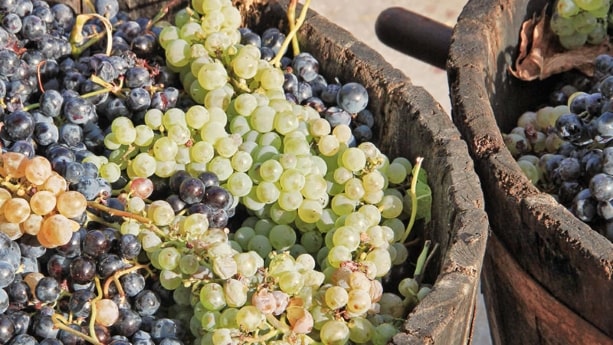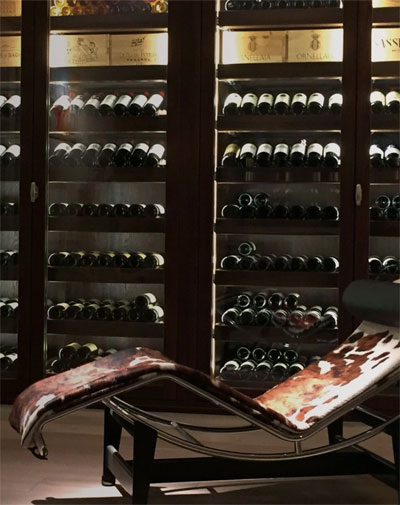Henriot Rosé is one of the House’s most unexpected creations. After several years of testing, this cuvée officially joined Henriot’s Champagne collection in the early 1980s, with the 7th generation of the family. Henriot Rosé is a quest for singular aromas, obtained by blending specific vintages and years.
Tasting Notes: Pale pink in appearance and tinged with copper, with a fine and persistent bead in the glass. On the nose, this Champagne may surprise you with its characteristic, complex intensity and appealing fruit-driven style. Red and dark berry fruit aromas of raspberry, strawberry and crunchy cherry, followed by freshly squeezed lemon, pink grapefruit and mandarin orange. Vegetal notes then follow in succession, offering blackcurrant bud and cloves, together with delicate iris-scented powder and finishing on delicious notes of candied fruits. Well-balanced on the palate, revealing incredible, unashamed persistence. Attractive balsamic and floral flavours pave the way for spicy notes, in a wave of great freshness. The tasting culminates in a lingering touch of sweetness.
Food Pairing: Pork, Rich fish (salmon, tuna etc), Shellfish, Mild and soft cheese
Click here for Data Sheet






